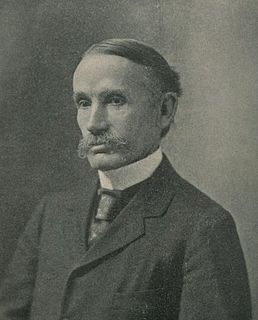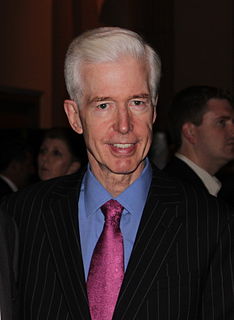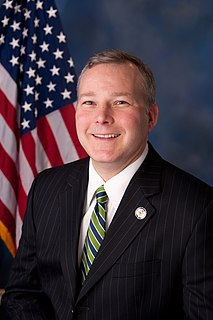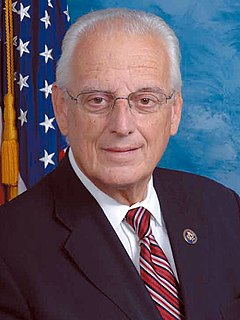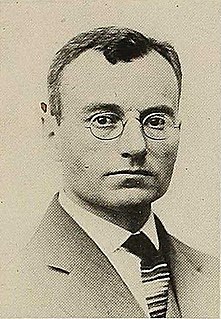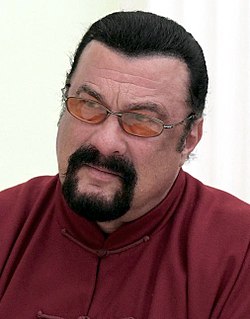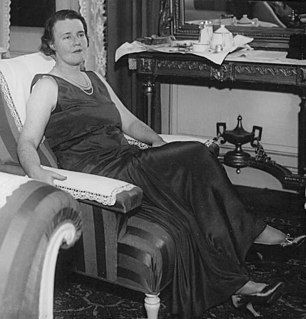A Quote by John Bates Clark
The market tends to pay as a wage what an individual laborer is worth. But the case last studied suggests the question how accurately the law operates in practice. May it not be an honest law, but be so vitiated in its working as to give a dishonest result?
Related Quotes
God help us, ma'am! Do you see what we saw? We saw that we'd been given a law to live by, a moral law, they called it, which punished those who observed it - for observing it. The more you tried to live up to it, the more you suffered; the more you cheated it, the bigger reward you got. Your honesty was like a tool left at the mercy of the next man's dishonesty. The honest ones paid, the dishonest collected. The honest lost, the dishonest won. How long could men stay good under this sort of a law of goodness?
Multi-millionaires who pay half or less than half of the percentage of tax the rest of us pay justify their actions by saying they pay what the law requires. Though true, the fact is they found ways within the law to beat the purpose of the law - which, in the case of taxes, is that we all pay our fair share.
The rules and principles of case law have never been treated as final truths but as working hypotheses, continually retested in those great laboratories of the law, the courts of justice. Every new case is an experiment, and if the accepted rule which seems applicable yields a result which is felt to be unjust, the rule is reconsidered.
No one can deny that much of our modern advertising is essentially dishonest; and it can be maintained that to lie freely and all the time for private profit is not to abuse the right of free speech, whether it is a violation of the law or not. But again the practical question is, how much lying for private profit is to be permitted by law?
A minimum-wage law, a law that prevents employers and employees from entering into mutually beneficial economic exchanges, is as far from a free market or free enterprise as one can get. That's why it causes so much damage and destruction, especially to black teenagers and others whose labor, for one reason or another, is valued by employers at less than the government-established minimum wage.
Isolated facts and experiments have in themselves no value, however great their number may be. They only become valuable in a theoretical or practical point of view when they make us acquainted with the law of a series of uniformly recurring phenomena, or, it may be, only give a negative result showing an incompleteness in our knowledge of such a law, till then held to be perfect.
